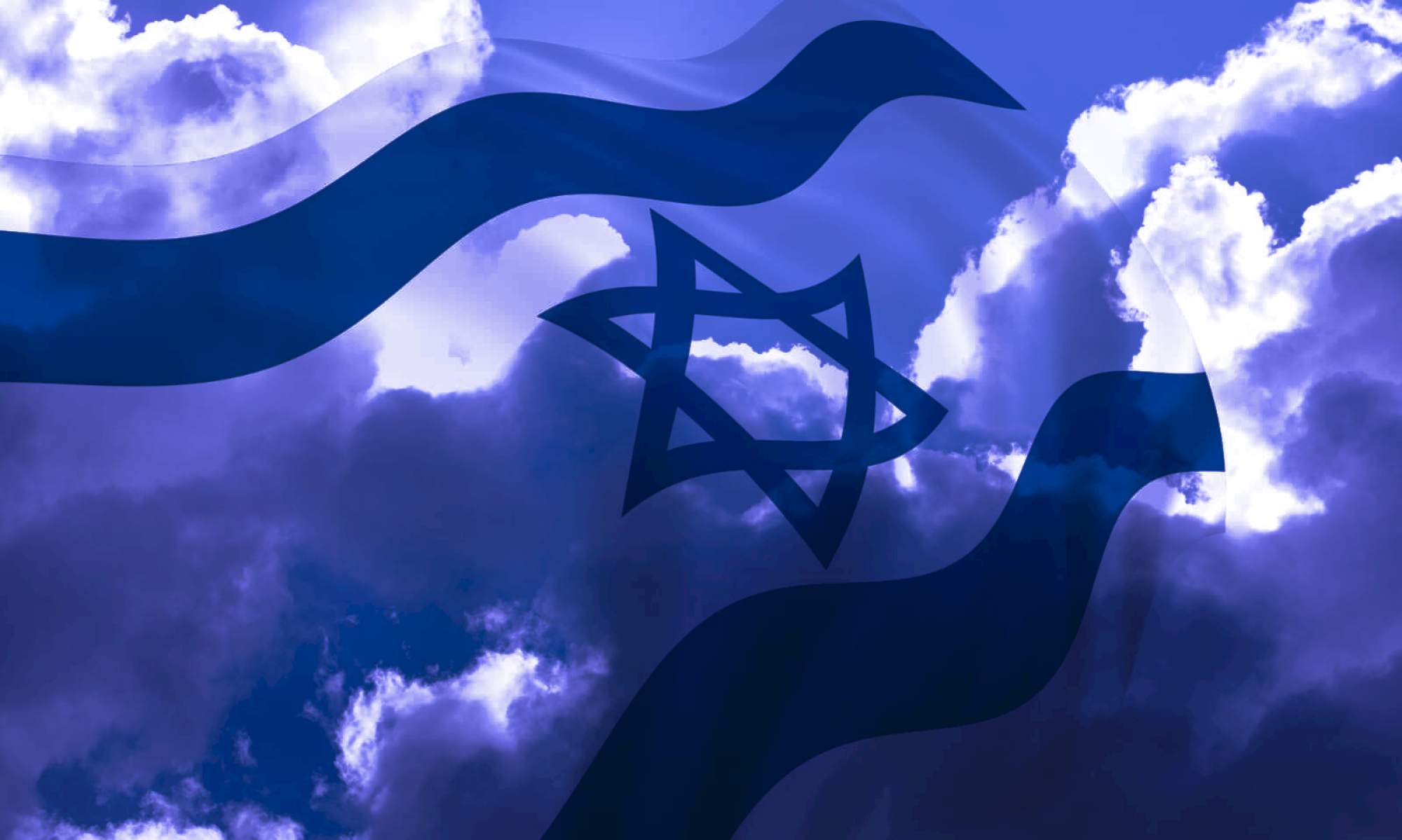
On Monday, Pope Leo XIV met with religious leaders, including rabbis and Jewish representatives, at the Vatican and stressed the importance of maintaining dialogue between Christians and Jews, even in times of difficulty and disagreement
“Because of the Jewish roots of Christianity, all Christians have a special relationship with Judaism,” the pope said.
“The theological dialogue between Christians and Jews is very important to me.
Even in difficult times, with conflicts and misunderstandings, we need to continue this very valuable dialogue.”
The previous pope, Francis, faced criticism from Jewish and Israeli leaders for his statements on the Hamas attack on October 7, 2023, and the war that followed.
Some felt he compared the terrorist attack to Israel’s military response and did not show enough support for the suffering of Jews.
Following in Francis’ footsteps, Leo XIV has placed peace at the center of his message.
At his first Mass on May 11, he called for a ceasefire in Gaza and the release of hostages.
But at his inauguration on Sunday, when speaking about war zones, he mentioned the people in Gaza “reduced to starvation,” without mentioning the hostages.
There are currently 58 hostages in Gaza, and Israel believes 23 are still alive.
Pope Leo XIV holds a special audience for ecumenical and interreligious delegations who took part in the Solemn Mass for the Inauguration of his Petrine Ministry.
? Vatican News (@VaticanNews) May 19, 2025
In his address, the Holy Father highlighted Pope Francis? emphasis on universal fraternity.
Pope Francis “promoted? pic.twitter.com/ljRujqoFVn
Among the Jewish leaders who met with the pope were representatives of the American Jewish Committee, B’nai B’rith International and the Conference of European Rabbis.
David Michaels of B’nai B’rith International told The Times of Israel that the Jewish representatives were the first to speak to the pope, after other Christian leaders.
He took the opportunity to speak in English with Leo, who is the first American pope in history.
“I told him how important the relationship between Catholics and Jews is to us,” Michaels said.
“I also said that we support his quest for peace, not only in the Middle East but throughout the world.
But I asked him to help increase understanding and empathy for the people of Israel.”
Michaels explained to the pope that many Israelis and Jews feel isolated and marginalized.
“The pope acknowledged that,” he said.
“He acknowledged that it has been a difficult time.
I sensed sincerity in him.”
For Rabbi Noam Marans of the American Jewish Committee, the pope’s acknowledging the challenges at their first meeting was a positive sign.
“It shows commitment and avoids hiding the problems, which is mature,” he told The Times of Israel.

The Jewish delegation also included leaders of the Italian Jewish community, including Victor Fadlun, president of the Jewish Community of Rome, Rome’s chief rabbi Riccardo Di Segni, and Milo Hasbani, vice president of the Union of Italian Jewish Communities.
“I wished the pope success in his work and said that we need to mend our relationship.
He responded positively,” Di Segni told The Times of Israel.
He hopes that, as has happened with other popes, the Jewish community in Rome will be invited to a private audience with Leo, but that may take time.
Michaels and Marans stressed that the dialogue with Pope Leo is just beginning.
For Michaels, it is essential to work not only with the Vatican, but also with local Catholic leaders.
“The messages need to reach all parishes and faithful, especially in regions without large Jewish communities or without direct experience of the difficult history between Christians and Jews,” he explained.
He also stressed the importance of preparing future generations of Catholic leaders who understand the relationship with Jews.
“This pope, being an American, seems sensitive to the changes brought about by the Second Vatican Council,” Michaels said, referring to the 1962-1965 event that greatly improved relations between the Catholic Church and Jews.
“Now we need to prepare for the next pope and the next era, which may be more focused on places like Africa or Asia, where the history of the Holocaust and the persecution of Jews is not as well known.” In his address, Pope Leo invited religious leaders to work together for peace.
“In a world wounded by violence and conflict, each community here brings its wisdom, compassion and commitment to the good of humanity and the protection of our planet,” he said.
“If we are united and free from political ideas, we can say ‘no’ to war and ‘yes’ to peace, ‘no’ to the arms race and ‘yes’ to disarmament, ‘no’ to an economy that impoverishes people and the planet and ‘yes’ to full development,” the pope concluded.
Published in 05/19/2025 23h28
Text adapted by AI (Grok) and translated via Google API in the English version. Images from public image libraries or credits in the caption.
Reference article:
| Geoprocessing Drone Systems HPC |

| ERP and CRM Systems Mobile Systems AI |


